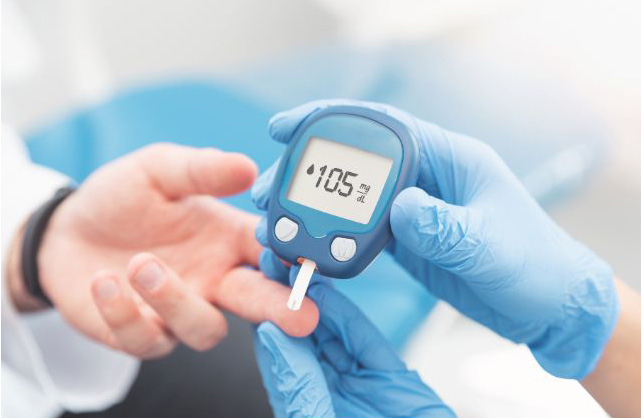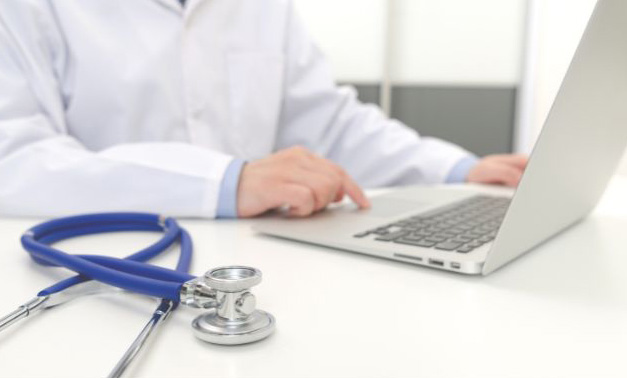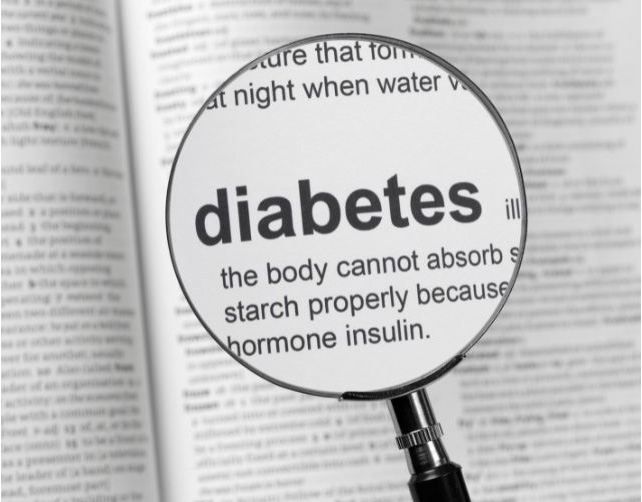Diabetes mellitus is a widespread chronic condition defined by blood glucose (or blood sugar) levels that are too high. For the millions of individuals living with diabetes, whether Type 1, Type 2, or gestational, effective management requires constant vigilance, frequent testing, and ongoing communication with a specialized care team. Glucose is the body’s main energy source, and insulin—a hormone made by the pancreas—is essential for moving that glucose from the bloodstream into the cells. When the body fails to make enough insulin or cannot use it properly, glucose levels rise, which can lead to serious long-term health complications.
Fortunately, managing this demanding condition is being revolutionized by digital tools and connectivity. Telehealth for diabetes care is emerging as a critical component of modern treatment, making continuous, personalized support more accessible than ever before.
Understanding the Daily Demands of Diabetes Management

The management of diabetes is complex, requiring continuous monitoring of blood glucose levels, medication administration, and significant lifestyle adjustments.
- Type 1 Diabetes typically requires daily doses of insulin, often delivered by injection or through a special pump, alongside monitoring.
- Type 2 Diabetes, the most common form, can sometimes be managed or even reversed through lifestyle modifications, such as maintaining a healthy weight, eating a healthy diet, and getting regular physical activity, although some patients also require medication.
- High blood glucose levels must be prevented, as they can lead to serious health conditions over time.
These intensive requirements mean that frequent testing and monitoring are crucial for keeping patients healthy and optimizing long-term outcomes.
The Essential Role of Telehealth for Diabetes Care

Telehealth is an increasingly important strategy for managing chronic conditions, including diabetes. By allowing healthcare providers to extend their reach beyond the clinic walls, telehealth for diabetes care enhances consistency and improves patient access. Research indicates that eHealth applications, integral to telehealth services, can improve glycemic control in patients with diabetes.
Boosting Accessibility and Reducing Burden
For older patients, nearly 75 percent of whom have at least one chronic condition, diabetes is among the most common. Telehealth offers significant advantages that may lighten the load associated with traditional clinic visits:
- Reduced Burden of Appointments: Telehealth services may reduce the burden on patients who require frequent follow-up appointments.
- Increased Access to Care: Telehealth can help enhance a patient’s overall access to the care they need for ongoing management.
Remote Patient Monitoring (RPM)
Managing chronic conditions requires regular testing and monitoring to ensure health and safety. Remote patient monitoring (RPM) is a specific type of telehealth that is highly beneficial for patients with diabetes. RPM involves using devices that automatically transmit a patient’s health data directly to the care team.
Specific remote monitoring devices used in diabetes care include:
- Blood Glucose Meters: Essential tools for tracking blood sugar levels remotely.
- Weight Scales: Used for general monitoring, as maintaining a healthy weight is a factor in managing Type 2 diabetes.
- Continuous Glucose Monitors (CGMs): These devices provide metrics that offer a complete glucose profile, helping to improve clinical outcomes and empower people with diabetes using personalized recommendations.
Technology Driving Better Outcomes and Personalized Care

The integration of advanced diabetes technology is central to professional development within the diabetes care field, with experts focusing on how to make technology practical, sustainable, and person-centered. Tech-enabled care is actively discussed as a crucial element in improving outcomes across the diabetes care continuum.
Diabetes care and education specialists (DCESs) are actively training to integrate technology into clinical practice, addressing topics such as:
- Device Selection: Practical considerations for matching the right technology device to the individual needs of the person with diabetes.
- Technology Integration: Strategies for confidently incorporating diabetes technology into primary care settings, including understanding common devices, benefits, and barriers.
- Automated Systems: Training on advanced systems, such as Automated Insulin Dosing (AID) systems and the iLet Bionic Pancreas, which advances insulin management through fully autonomous dosing and adaptive algorithms.
- Data Interpretation: Learning how to review and interpret data provided by devices like CGMs to optimize glycemic management.
Through this professional focus on technology and education, telehealth for diabetes care can provide highly personalized support, ensuring that treatment plans reflect real-time data and the specific needs of the individual.
Conclusion: Embracing Tech-Enabled Diabetes Care
Telehealth for diabetes care offers a powerful solution for meeting the intensive management requirements of this chronic condition, improving both access and clinical outcomes. By leveraging remote patient monitoring and sophisticated digital devices, care teams can stay connected to patients, interpret critical real-time data, and implement personalized strategies more effectively. This tech-enabled approach supports critical self-care behaviors and ensures that the most impactful and innovative solutions are translated into real-world practice.
If you or a loved one is seeking better ways to manage diabetes, exploring the advantages of telehealth for diabetes care is a crucial next step toward improved health.
To enhance your diabetes management strategy, reach out to us today. You can also utilize resources such as the Association of Diabetes Care and Education Specialists (ADCES) to find an Expert who specializes in this modern, tech-enabled care model.


